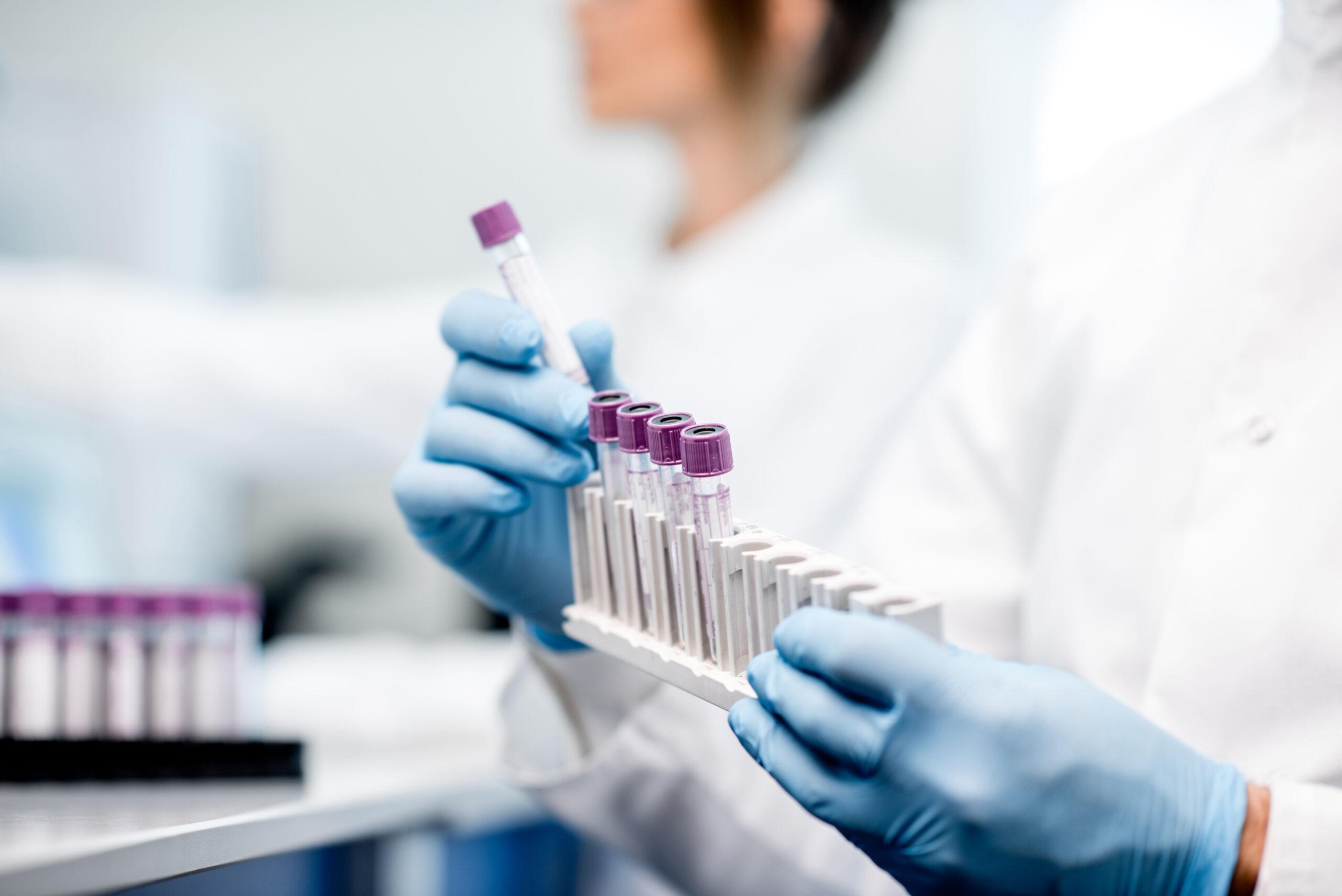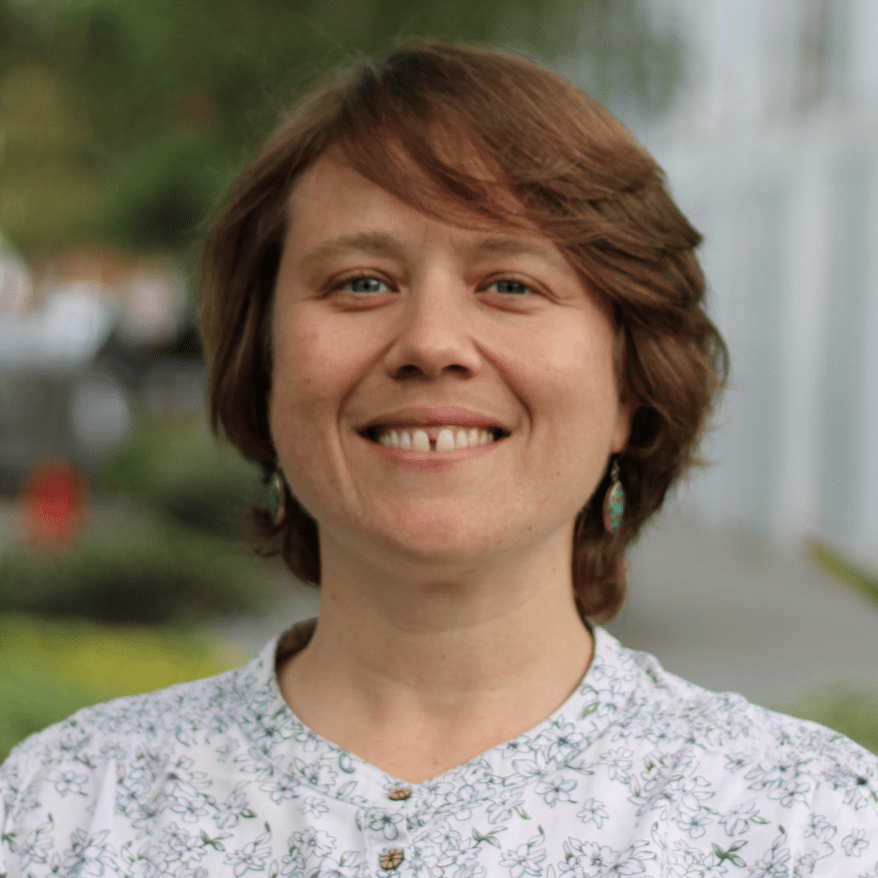Let's Talk About...
Improving cancer care in the LGBTQ+ community

The fifth seminar in our 'Let's Talk About...' EDI seminar series, in partnership with the Cancer Research UK Manchester Centre, focused on improving cancer care in the LGBTQ+ community. We heard from Dr Alison May Berner, Clinical Lecturer at Barts Cancer Institute (BCI) at Queen Mary University of London, Speciality Trainee in Medical Oncology at St Bartholomew’s Hospital, and Speciality Doctor in Adult Gender Identity at the Tavistock and Portman NHS Foundation Trust.
Professor Susana Godinho, Professor in Cancer Cell Biology at BCI, chaired the session and for the panel discussion, Dr Jen Davies-Oliveira (Clinical Research Training Fellow at The University of Manchester) and Ben Heyworth (Macmillan Survivorship Network Manager at the Christie NHS Foundation Trust) joined Alison.

Dr Alison May Berner
Clinical Reader and Honorary Haemato-oncology Consultant
Alison’s talk highlighted the barriers that members of the LGBTQ+ community can face in healthcare, and how this community has unique healthcare needs. Alison discussed ways to improve cancer care in the LGBTQ+ community, and research that is currently underway within LGBTQ+ populations.
The LGBTQ patient experience in healthcare and cancer risk
When it comes to healthcare delivery within the LGBTQ+ (lesbian, gay, bisexual, transgender, queer or questioning) community, research has shown that in the UK:
- 23% of LGBTQ people have witnessed discriminatory remarks by healthcare professionals1
- 14% of LGBT people1 and 37% of transgender (trans) people2 have avoided healthcare
- 41% of trans people said their healthcare professionals lacked understanding of general trans health needs2
There is a need to understand better the specific healthcare needs of the LGBTQ+ community in order to improve patient experience and outcomes, including for LGBTQ+ people with cancer.
In her talk, Alison highlighted that a combination of biology and behavioural factors can mean that the risk of developing cancer can be different in subsets of the LGBTQ+ community compared to in non-LGBTQ+ people.
Some subpopulations of the LGBTQ+ community have higher rates of blood borne virus infection (including HIV, Hepatitis B, Hepatitis C), recreational drug use, smoking, alcohol use and obesity, which can impact cancer risk. Trans people may choose to seek a variety of gender affirming treatments that change anatomy and physiology, which can also affect cancer risk, particularly for sex-related cancers such as breast3 and prostate4 cancer.
How can we improve cancer care in the LGBTQ+ community?
Alison shared her thoughts on ways to improve cancer care in the LGBTQ+ community. These included:
- Having a better understanding of the social, psychological and medical needs of the LGBTQ+ community
- Increasing education for healthcare practitioners - research has found that 75% of UK oncologists felt that they would benefit from further education on LGBTQ+ patients with cancer5.
- Generating high-quality data from bespoke and inclusive research studies
- Tailoring cancer interventions
- Increasing engagement

Dr Jen Davies-Oliveira
Clinical Research Training Fellow at the University of Manchester
When asked what can be the most difficult part about conducting research to improve cancer care in the LGBTQ+ community, Jen highlighted that it can often be difficult to attract initial engagement with research projects. This means it can be difficult to get a broad voice for the LGBTQ+ population in order to move research forward.
Alison spoke about some of the work that is currently underway to tailor screening programmes for the LGBTQ+ community to address the barriers to cancer prevention and early detection that members of this community face.
One example is the ACES (Alternative CErvical Screening) project, which is investigating the use of a non-invasive, self-taken urine samples for cervical screening. The project is being led by Jen and collaborators, who are currently working to determine the acceptability of a urine cervical screening method for those who identify as LGBTQIA+. The team is also investigating the diagnostic accuracy of urine HPV testing for high-grade cervical precancer (CIN2+) detection, to establish whether it is sufficient to recommend its use as an NHS cervical screening test.
Alison concluded her talk by highlighting the importance of collaboration within research and education in order to make progress and improve cancer care for LGBTQ+ people.
Ben Heyworth
Macmillan Survivorship Network Manager at the Christie NHS Foundation Trust
Ben agreed that collaboration is key for improving health care within the LGBTQ+ community. It is vital to harness the power of collaboration when conducting research in this community and this was particularly evident to Ben when he was conducting research on smoking and vaping among lesbian, gay, bisexual and trans people6.
Take home messages
- Cancer risk in the LGBTQ+ community can be different to that in non-LGBTQ+ people
- There is a complex epidemiology for cancer within the LGBTQ+ community, with many factors at play, including barriers to healthcare, risk factors related to minority stress such as smoking, alcohol use and obesity, the impact of gender affirming care, and geographical variation
- To improve cancer care within the LGBTQ+ community, there is a need for increased understanding and education of the unique healthcare needs of this community, as well as more research to generate high-quality data
- In order to make progress, activism and collaboration are essential
Resources
- Stonewall (2018). LGBT in Britain: Health Report
- Stonewall (2018). LGBT in Britain: Trans Report
- Breast cancer risk in transgender people receiving hormone treatment: nationwide cohort study in the Netherlands BMJ 2019; 365 :l1652 doi:10.1136/bmj.l1652
- Prostate Cancer Incidence under Androgen Deprivation: Nationwide Cohort Study in Trans Women Receiving Hormone Treatment, The Journal of Clinical Endocrinology & Metabolism, Volume 105, Issue 9, September 2020, Pages e3293–e3299, https://doi.org/10.1210/clinem/dgaa412
- An evaluation of self-perceived knowledge, attitudes and behaviours of UK oncologists about LGBTQ+ patients with cancer. ESMO Open (2020) 5(6):e000906. https://pubmed.ncbi.nlm.nih.gov/33208489/
- Smoking and vaping among lesbian, gay, bisexual and trans people: results of a Proud2BSmokefree survey. Cancer Nursing Practice (2017) 16, 10, 35-41. doi: 10.7748/cnp.2017.e1435
